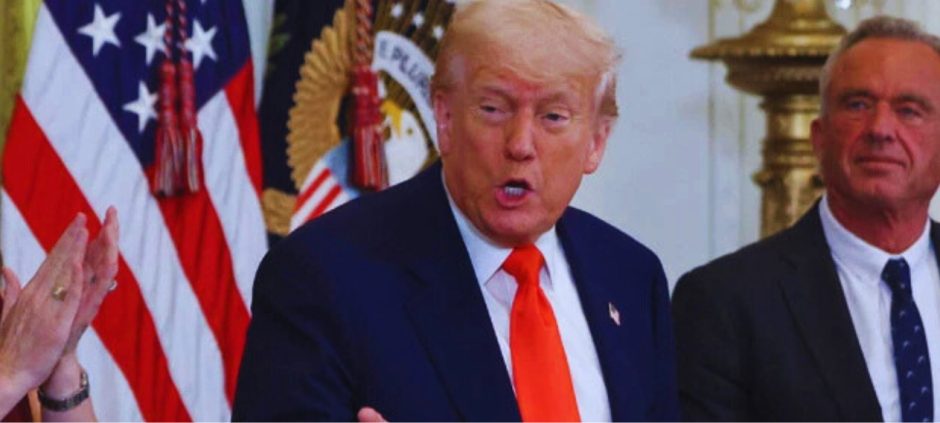Washington, [Date]: U.S. President Donald Trump reiterated on Wednesday that he played a pivotal role in halting hostilities between India and Pakistan, despite Indian Prime Minister Narendra Modi’s assertion that the ceasefire was achieved through direct military talks—not U.S. mediation.
Read More : Trump and Musk Clash Over Contracts, Impeachment Threats
Speaking ahead of a rare White House meeting with Pakistan’s Chief of Army Staff (COAS) Field Marshal Asim Munir, Trump stated, “I stopped a war… I love Pakistan. Modi is a fantastic man. We spoke last night, and we’re working on a trade deal with India. But I stopped the war between Pakistan and India.” He credited both Modi and Pakistani leadership for cooperating but emphasized his personal intervention in preventing further escalation between the two nuclear-armed neighbors.
Background of the Conflict
Tensions flared in early May after India launched military strikes, prompting Pakistan to respond with Operation Bunyanum Marsoos. On May 10, Pakistan targeted Indian military installations with its Al-Fatah missile. The conflict, which lasted four days, resulted in civilian casualties before a ceasefire was declared.
Divergent Narratives on Ceasefire
While Trump has repeatedly claimed credit for brokering the truce, India has firmly rejected any third-party involvement. Foreign Secretary Vikram Misri clarified that Modi, in a phone call with Trump on Tuesday, explicitly stated that the ceasefire was negotiated directly between Indian and Pakistani militaries—without U.S. mediation.
“PM Modi told President Trump that at no stage was there any discussion on U.S. mediation or a trade deal linked to the ceasefire,” Misri said. “India has never accepted external mediation and never will.”
Pakistan, however, has acknowledged Washington’s role in de-escalation. The White House has not directly commented on Modi’s rebuttal but noted Trump’s scheduled meeting with Pakistan’s COAS—a move that could strain U.S.-India relations.
Diplomatic Fallout
The conflicting claims come as the U.S. seeks to strengthen ties with India as part of its strategy to counter China. Trump’s meeting with Pakistan’s military chief—an unusual gesture—may unsettle New Delhi, which has long opposed third-party involvement in Kashmir-related disputes.
Meanwhile, Trump’s supporters have called for his nomination for the Nobel Peace Prize, citing his role in averting a potential nuclear conflict. White House spokeswoman Anna Kelly confirmed the meeting with COAS Munir but did not address the Nobel suggestion.











